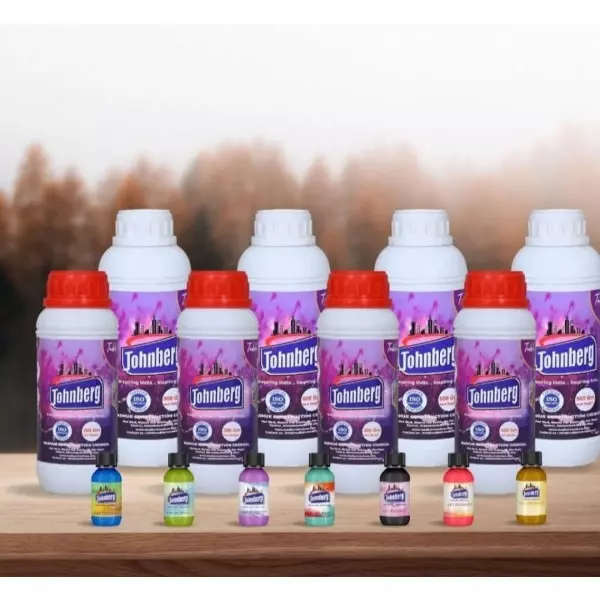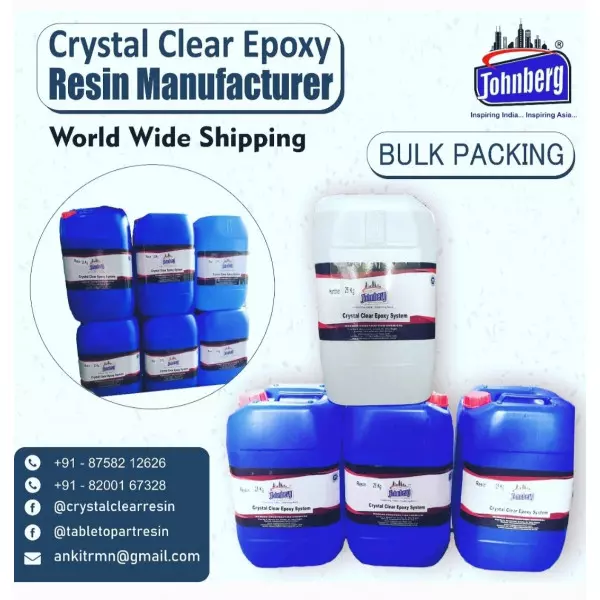- Home
- About Us
- Products
- Resin Furniture
- 3D Epoxy Flooring Service
- Resin Table Top
- Wooden Epoxy Resin Table Top
- Metallic Epoxy Flooring Service
- Conception Chemical Consultants
- Chemical Consultancy For Construction
- Construction Chemical Consultant
- Tile Grout
- Foundation Grout Consultant
- Paver Block Chemical Consultant
- Waterproofing Chemical Consultant
- Epoxy Pigment Consultant
- Heat Reflective Coating
- Water Repellent Coating
- Epoxy Grout
- Chemical Consultant
- Industrial Chemical
- Construction Chemical
- Epoxy Resin
- Epoxy Coating
- Polyester Resin
- Joint Sealants
- Cristal Clear Epoxy Resin And Hardner
- Construction Chemicals
- Polycarboxylate Ether And Liquid
- Solvent Cement
- Tile Protection Sheet
- Water Reducing Superplasticizer
- Epoxy Resin And Hardeners
- Two Component Waterproof Coating
- Epoxy Floor Coatings
- Casting Resin
- Sbr Latex Polymer
- Epoxy Grout Formulations
- Epoxy Resin Tabletops
- Tile Spacers
- Tile Levelling Spacers
- Industrial Night Vision Epoxy Grout
- Sbr Latex
- Johnberg Marble Polishing Liquid
- Acrylic Elastomeric Coating
- Weber Tile Adhesives
- Decorative Arts
- Resinic Crafts
- PU Flexible Tile Adhesive
- Resin Pressed Flowers
- Dry Pressed Flower
- Epoxy Putty
- Resin Furniture
- Services
- Updates
- Gallery
- Contact Us
Epoxy Resin And Hardeners Manufacturers In Noida
Details of Epoxy Resin And Hardeners
Epoxy resin and hardener are two essential components of a thermosetting polymer system commonly used in coatings, adhesives, composite materials, electronics, and more. Here's a detailed breakdown of each:
Epoxy Resin
1. Definition:
Epoxy resin is a reactive prepolymer or polymer containing epoxide groups. It is typically a viscous liquid at room temperature.
2. Common Types:
Bisphenol A (BPA)-based epoxy – Most common; offers good mechanical strength and adhesion.
Bisphenol F epoxy – Lower viscosity, better chemical resistance.
Novolac epoxy – Higher cross-link density; used where chemical and heat resistance is critical.
3. Properties:
Excellent adhesion
Chemical and moisture resistance
Electrical insulation
Mechanical strength
Low shrinkage during curing
4. Appearance:
Usually clear to pale yellow, thick liquid.
5. Storage:
Should be stored in a cool, dry place in tightly closed containers. Shelf life is typically 1–2 years.
Hardener (Curing Agent)
1. Definition:
The hardener (or curing agent) is a substance that reacts with epoxy resin to initiate the curing process, forming a hard, thermoset polymer.
2. Common Types of Hardeners:
Polyamines (aliphatic, cycloaliphatic, aromatic) – Used for room-temperature curing; fast to moderate cure time.
Anhydrides – Used for high-temp or elevated-temp curing.
Polyamides – Provide flexibility and moisture resistance.
Phenolic Hardeners – High-temperature resistance.
3. Function:
The hardener reacts with epoxide groups in the resin, forming cross-links that transform the liquid mixture into a rigid solid.
4. Mixing Ratio:
Typically by weight or volume, e.g., 2:1, 3:1, or 1:1 depending on the product. Must be followed exactly for optimal performance.
5. Safety:
Always wear gloves, eye protection, and ensure good ventilation.
Hardeners can be corrosive or skin sensitizers.
Mixing & Curing Process
Mixing: Combine resin and hardener thoroughly, avoiding bubbles.
Working Time (Pot Life): Time before the mixture starts gelling (10 minutes to 1 hour).
Curing Time: Initial cure may take 6–24 hours; full cure can take several days or be accelerated by heat.
Exotherm: Large pours may heat up quickly—can cause burns or damage if not managed.
Applications
Adhesives – Wood, metal, concrete, glass
Coatings – Industrial, marine, flooring (epoxy floor coatings)
Composites – Fiberglass, carbon fiber, aerospace
Electronics – Potting, encapsulating, insulation
Art & Crafts – Jewelry, river tables, casting
Safety & Handling Tips
Use gloves and eye protection.
Work in a well-ventilated area.
Avoid skin contact; epoxy can cause dermatitis.
Offered Product
Epoxy Resin And Hardeners
Usage/ApplicationCasting And CoatingPackaging Size20,40,80 Kg KitBrandJohnbergPackaging TypeCanFormLiquidHardenerTransparentFeaturesUv Resistant Properties, Bubble Free, Deep Cast EtcEpoxy Resin And Hardner Use For Casting And Coating Application, Bubble Free Deep Pour And Excellent UV Resistant Properties.... Read moreEpoxy Resin Manufacturer In Bengaluru
Are You Looking For High Quality Epoxy Resin For Your Application? Browse Our Selection Of Different Premium Epoxy Resins And Get Started Today. Whether You're Aepoxy Flooring Contractor, DIY Enthusiast Or A Professional, We Have The Perfect Product For Your Needs!Our Epoxy Resin Is A Game-changer In Both Creative And Industrial Applications. Whether You’re Sealing,flooring , coating, Or Crafting, Its Strength, Versatility, And Aesthetic Appeal Make It A Top Choice For P Continue
Epoxy Resin And Hardeners In Himachal Pradesh
Epoxy Resin And Hardener Are Two Key Components Of A Thermosetting Polymer System Used In A Wide Range Of Industrial, Commercial, And Artistic Applications. Here's A Detailed Breakdown: 1. What Is Epoxy Resin?Epoxy Resin Is A Liquid Polymer That Contains Epoxide Groups. It Is Typically Colorless Or Pale Yellow And Has A Viscous Consistency. The Resin By Itself Does Not Harden Until It Is Mixed With A Curing Agent Or Hardener.Chemical StructureBase Compound: Bisphenol-A Or Bisphenol- Continue
Epoxy Resin And Hardeners Manufacturers In Mumbai
Epoxy Resin And Hardener Are Two Components Used Together To Create A Strong And Durable Material.Epoxy Resin Is A Liquid Substance That Remains In A Fluid State Until It Is Mixed With A Hardener. It Is Usually Clear Or Slightly Colored And Is Made From A Type Of Synthetic Polymer.Hardener Is A Curing Agent That Triggers A Chemical Reaction When Combined With Epoxy Resin. This Reaction Transforms The Liquid Resin Into A Solid And Strong Plastic-like Material Over Time.When Mixed In The Cor Continue




